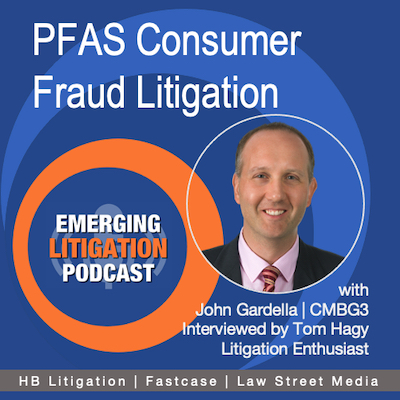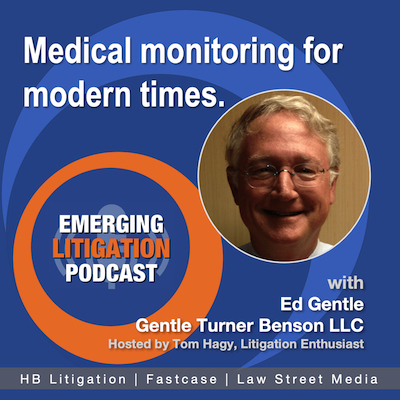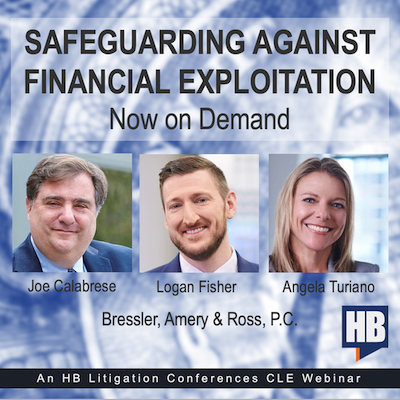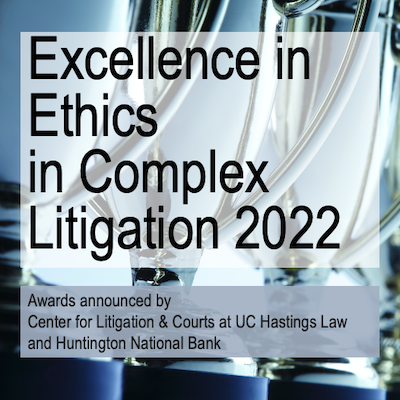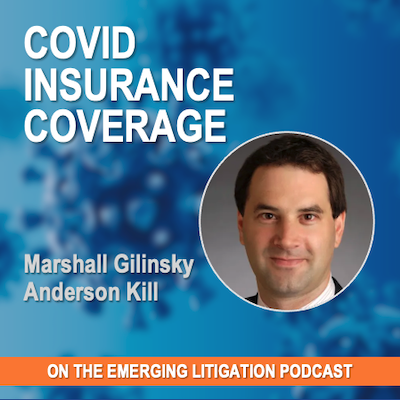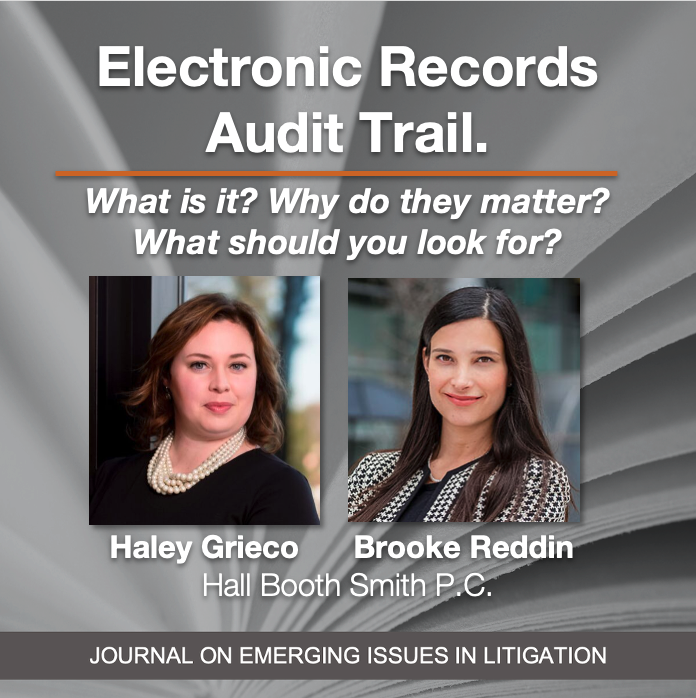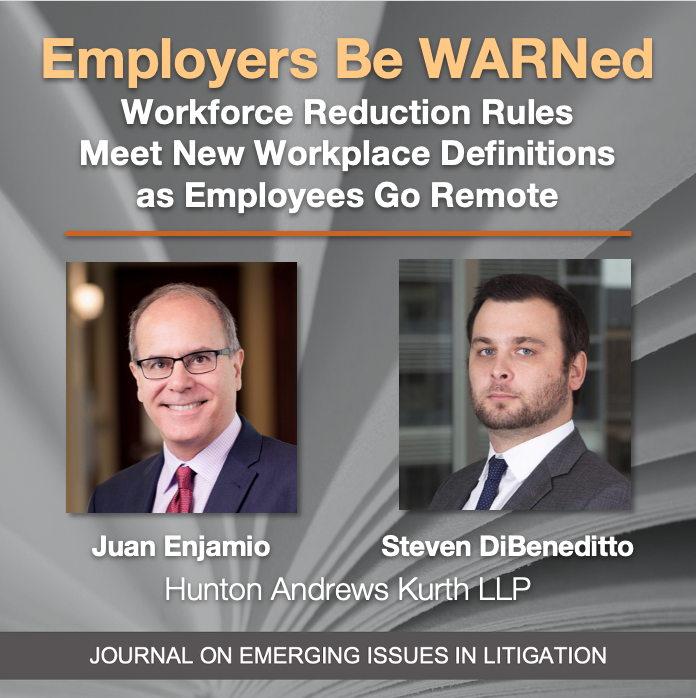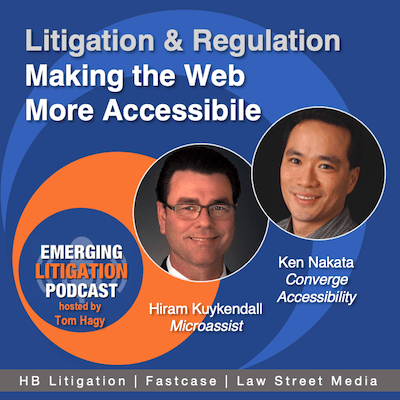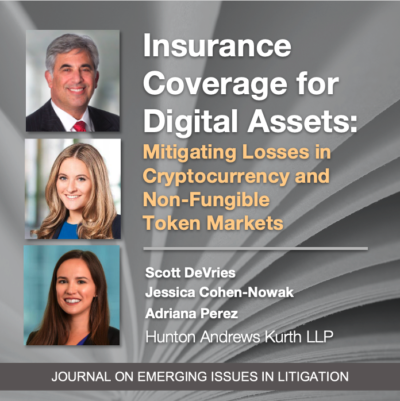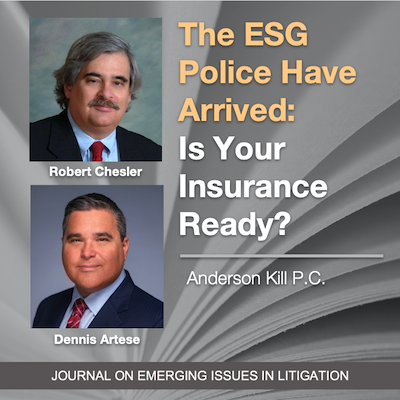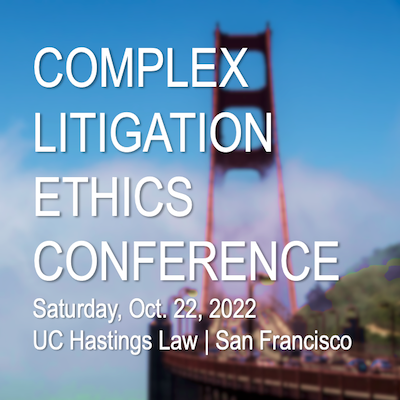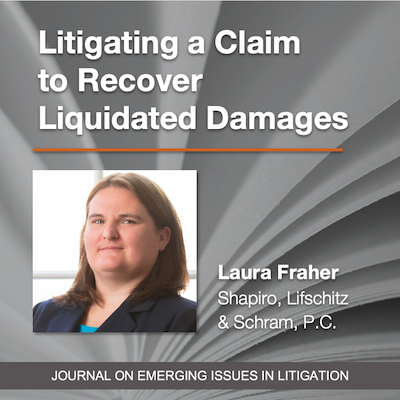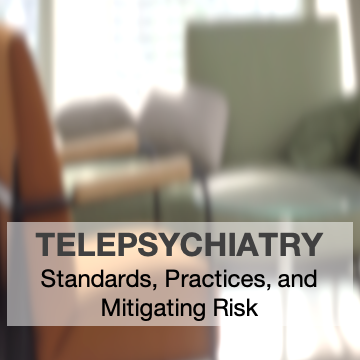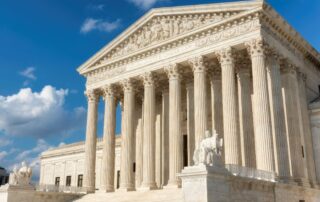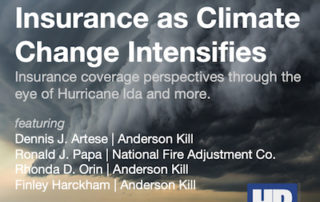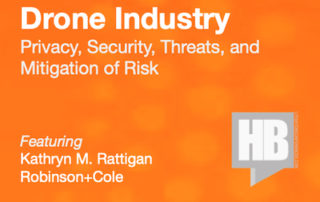Emerging Litigation Podcast
Jury Selection in the Age of Conspiracy Theories and Distrust with Tara Trask
In this episode, we discuss picking juries in an age of misinformation, general distrust, tribalism, unleashed social media surfers, and unorthodox legal strategies unfolding on a daily basis with Tara Trask of Trask Consulting, jury and trial expert. "Jury service is an opportunity for everyday Americans to interact with an important institution, our courts, and play their part as citizens,"Trask says. "The court system could very well be our saving grace in trying to hang on to our democracy." Listen now.
Transforming Legal Workflows with AI: Sara Lord Interviews Tara Emory and Wilzette Louis
In this episode, Sara Lord of Legal Metrics speaks with Tara Emory and Wilzette Louis of Redgrave Data about the game-changing potential of robotic process automation and AI, and how these are not just futuristic concepts but practical solutions to today's legal challenges. As Tara notes, "Wherever your team is spending most of its time on manual tasks, that’s where you can further automate with technology and get the most benefit". Wilzette adds, "AI-driven automation technology can take different aspects of an entire workflow and bring them into a set of processes that a software robot can perform for you. Soon, adopting such technology will be a must for firms to compete". Listen and learn more!
The Intersection of Generative AI and the Legal Profession with Niki Black
In this episode, we discuss the current state and future of generative artificial intelligence and the practice of law with Nicole Black, attorney, legal tech journalist, and author. As she notes, "The legal field is one of the most likely to be impacted by generative AI because the technology can significantly replace certain workflows or assist with those workflows in impactful ways". Listen and learn more!
A Shameless Plug for Our Content Services
Your content marketing is everything you’ve ever dreamed of. Right?

Critical Legal Content was founded by Tom Hagy, former Editor & Publisher of Mealey’s Litigation Reports and VP at LexisNexis, founder of HB, current litigation podcaster and editor-in-chief. CLC’s mission is to help smaller firms and service providers not only create content — blogs, articles, papers, webinars, podcasts (like the stuff on this site) — but also to get it out there. How? Via social media, this website, your website, and potential via our podcast and journal which we publish in collaboration with vLex Fastcase and Law Street Media. The goal is to attract readers and dizzy them with your brilliance.
*Inspired by actual events.
Create content like a real legal publisher.
Emerging Litigation Journal
Supreme Court to Reconsider Separate Sovereignties
The Supreme Court’s decision to review Barrett v. United States signals a potential shift in how the long-standing “separate sovereignties” exception to the Double Jeopardy Clause is applied. This article by guest contributor Bret Thurman offers a deep dive into the historical, constitutional, and practical complexities of double jeopardy, from its roots in ancient Greece to modern-day interpretations. It explores how exceptions—like implied acquittals, mistrials, and fraud—have shaped the doctrine, and raises questions about whether dual prosecutions still make sense in today’s legal landscape.
Injunction against Trump’s DEI executive orders unlikely to stem massive wave of ‘reverse discrimination’ lawsuits
Justin Ward examines the recent federal court injunction against President Trump’s executive orders targeting Diversity, Equity, and Inclusion (DEI) programs. While the ruling temporarily halts enforcement of these orders, legal experts suggest it’s unlikely to slow the growing wave of “reverse discrimination” lawsuits. Since the Supreme Court’s 2023 decision in Students for Fair Admission v. Harvard, more than 100 claims alleging discrimination against majority groups have been filed. Additionally, state legislation and an upcoming Supreme Court case, Ames v. Ohio Department of Youth Services, could further lower the bar for such claims, potentially fueling even more litigation.
2025 California Wildfires Prompt Wave of Suits
Bret Thurman provides an in-depth look at the surge of legal actions stemming from the catastrophic 2025 California wildfires, which caused widespread destruction across Southern California. He explores the numerous lawsuits filed against major utility companies like Southern California Edison (SCE) and the Los Angeles Department of Water and Power (LADWP), as well as actions against landlords accused of price gouging in the wake of the disaster. Key legal theories include negligence, inverse condemnation, and public nuisance, with plaintiffs arguing that mismanagement, delayed responses, and regulatory failures significantly contributed to the scale of the devastation. These cases could set important legal precedents for disaster liability and corporate accountability in California and beyond.
HB Webinars on CeriFi LegalEdge
Maximizing Insurance as Climate Change Intensifies
HB presents an Anderson Kill webinar on-demand MAXIMIZING INSURANCE RECOVERY AS CLIMATE CHANGE INTENSIFIES As weather-induced disasters continue to intensify, maximizing insurance coverage after major storms, floods, wildfires, and other natural cataclysms is an essential survival skill for any business. In this session, attorneys who have successfully litigated property, business interruption and contingent business interruption claims from Hurricanes Katrina through Ida, along with wildfire and other major disaster claims, walk participants through all phases of insurance recovery, from buying the right policies to pursuing claims with persistence and awareness of pitfalls, to litigating successfully when necessary. Specific lessons from Hurricanes Sandy (2012), Harvey (2017) and Maria and Irma (2020) will be addressed. Topics: Developing a pre-storm preparedness plan, including mitigation efforts, assembly of a claims team, and insurance coverage review; Moving quickly to protect property from further damage, performing all emergency repairs, and documenting all losses in detail; Preparing and presenting well-supported property damage claims; Recognizing and including business interruption losses and extra expense outlays; Highlighting policy interpretation issues that affect the scope of available coverage; Outlining strategies for pursuing claims and incentivizing the insurance company to resolve them with due speed. On-Demand Registration Includes 1+ CLE credits (subject to bar rules). CLE codes are embedded in the video. CLE questions? Insights from experienced professionals. The complete PowerPoint presentation. Continued access to the complete recording for later use. Answers to your questions via email to the presenters, or write to HB. Meet the Panel Finley Harckham Anderson Kill Finley is a senior litigation shareholder in the New York office of Anderson Kill and serves on the firm's Executive Committee. Finley regularly represents and advises corporate policyholders and other entities in insurance coverage matters. He has successfully litigated, arbitrated and settled hundreds of complex [...]
The Commercial Drone Industry: Privacy, Security, Threats, and Mitigation of Risk
HB presents a CLE-eligible webinar Now on-demand at the West LegalEdcenter THE COMMERCIAL DRONE INDUSTRY Privacy, Security, Threats, and Mitigation of Risk Drones have become an increasingly valuable tool for businesses of all types and sizes. Drones are already being used in many applications, but more will certainly arise as the technology advances. This means that certain risks, like cyber threats, will also continue to present themselves. Protecting the transmission and storage of data collected through drones is critical. Unfortunately, security usually comes as an afterthought. The drone industry is part of the aviation industry, which, based on its knowledge, keeps safety as a number one concern. Part of that safety is having proper protection for your systems, including security as a fundamental design principle. Take this webinar to gain insights on the topics listed below, and shared by an attorney who practices on the cutting-edge of this evolving technology. Topics: Defining drones. Current and future applications. FAA Modernization and Reform Act of 2012. FAA Part 107 Regulations and waivers. Resources, e.g. the FAA Drone Zone and LAANC Portal. Penalties for violations. Privacy implications. Drones as weapons. Vulnerability to cyber attacks. Take it now! What you get: 1+ CLE credits (subject to bar rules). Insights from an experienced professional who specializes in this area of the law. The complete PowerPoint presentation. Continued access to the complete recording for later use. Answers to your questions. Fee: No additional charge to subscribers to the West LegalEdcenter. Non-subscribers may take the course for $170. Meet the Speaker Kathryn Rattigan Robinson & Cole LLP Kathryn Rattigan is a member of the firm's Business Litigation Group and Data Privacy + Cybersecurity Team. She advises clients on data privacy and security, cybersecurity, and compliance [...]
Assessing Risk in Medical Malpractice Mediation
HB Litigation Conferences presents Assessing Risk in Medical Malpractice Mediation CLE-eligible on demand webinar | Recorded 2021 Lawyers and claims professionals assess litigation outcomes all the time. The parties do not. You can help. Understandably, parties in medical malpractice disputes do not fully appreciate the risks inherent in litigation and are not aware of how continued litigation affects their underlying interests in the dispute. For example, some parties see the outcome as a reflection of their personal character. These challenges can hamper the parties' ability to make good decisions in litigated medical malpractice cases. Even organizations that are experienced in assessing litigation risk can make more decisions in these cases with adverse outcomes. Hear our panel of medical malpractice and insurance attorneys and litigation experts as they share their insights on successfully guiding individuals and organizations through these disputes. Registration Includes Nearly 90 minutes of insights from experienced professionals. CLE credit: 1+ (subject to bar rules). For CLE questions: CLE@LitigationConference.com The complete Power Point presentation. Continued access to the complete recording for later use. Answers to your questions via email to the presenters or write to HB and we will be sure to contact the speakers. REGISTRATION Key Points What are the intangible costs of medical malpractice litigation for individuals and institutions? How can advocates, claims professionals, and parties make better decisions in these cases? How are medical malpractice claims mediated? How can advocates use risk assessments in settlement negotiations? What do participants want from mediators? Meet the speakers. Gregory K. Wells Gregory K. Wells is a Maryland-based personal injury lawyer and partner with Shadoan, Michael & Wells LLP. His practice focuses on Plaintiff’s medical malpractice, serious personal injury and wrongful death cases, as well as commercial and business litigation. Greg [...]

